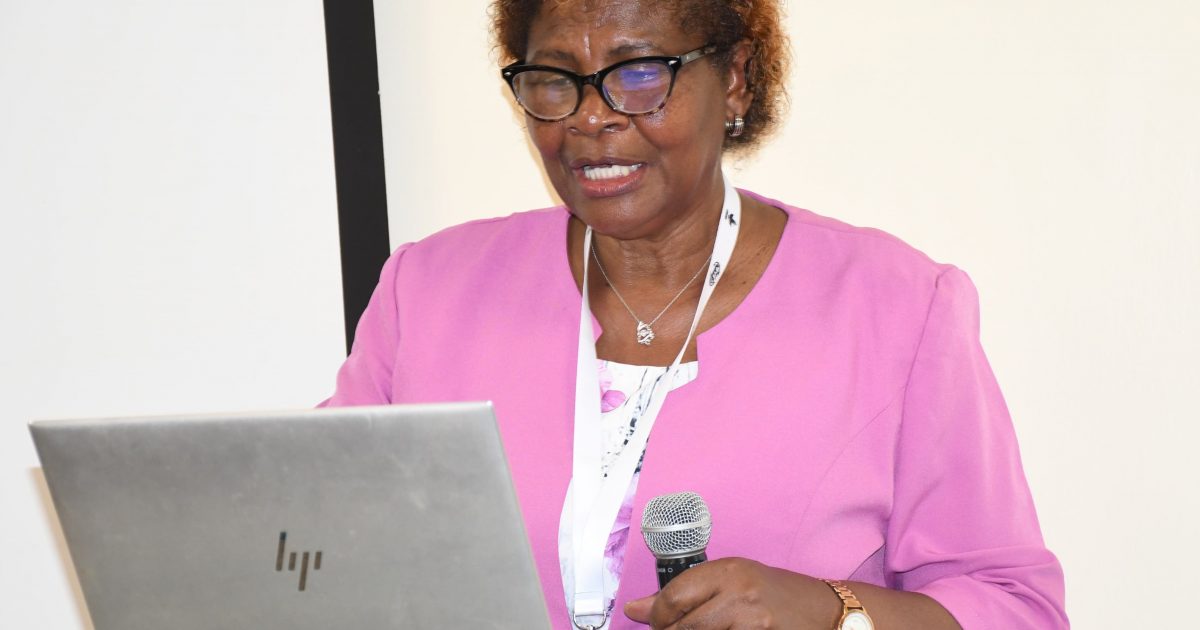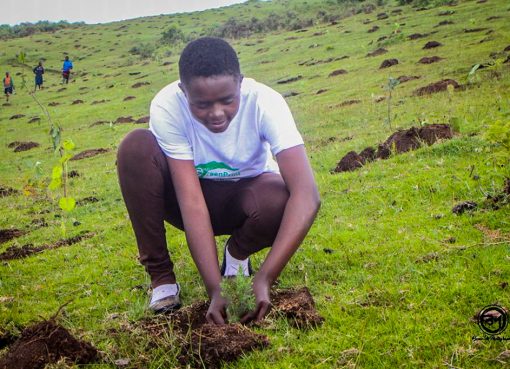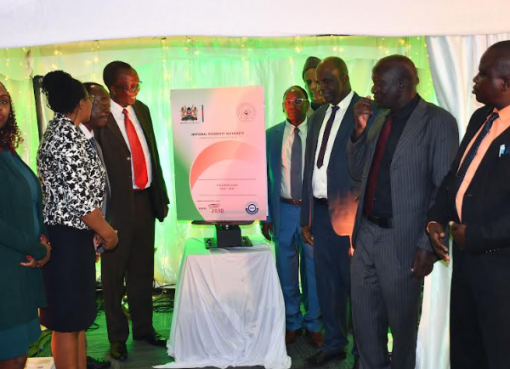Experts in the science space have called for sustainable funding for National Agricultural Research Systems (NARS) in Africa saying it was the key in transforming Agriculture
They said that research played a significant role in addressing the challenges facing agriculture in Africa, particularly in the wake of climate change, evolving market demands, and the urgent need for food and nutrition security.
Making his remarks during a Kenya Agricultural Livestock Research Organization (KALRO) event at the CGIAR science week at the United Nations (UN) in Gigiri, Director General Eliud Kireger said that currently achieving sustainable research outcomes required sustainable funding mechanisms.
“There is a need to explore diversified, innovative, and sustainable funding models, since research remains underfunded, resulting in low agricultural yields,” Kireger said in a statement read on his behalf by his Deputy Director Felister Makini.
Dr. Kireger stated that many research institutions rely heavily on project-based donor funding, which often leads to fragmented research priorities.
“While governments provide core funding, these allocations are often inadequate to support long-term agricultural research and innovation and as donor priorities shift and competition for funding intensifies, it is imperative that we explore strategies to enhance financial sustainability,” he said.
He named Public-Private Partnerships (PPPs) to leverage both public and corporate investments in research, endowment funds to provide long-term financial stability for research institutions, and competitive grants to encourage excellence and innovation as some of the funding models that can be explored.
“By working together through platforms such as the African Union, ASARECA, CORAF, and regional economic blocs, NARS institutions can enhance access to resources, share research infrastructure, and align policies to attract investments,” Dr. Kireger said.
He mentioned some of the regional agricultural transformation roles that NARS has played that have ensured food system resilience across Africa, as improved crop varieties and livestock breeds have developed to enhance productivity and climate resilience.
Others are soil and water management technologies that have improved land productivity, mechanization and digital solutions that have transformed farming practices and improved efficiency, and the Extension and Capacity-Building Programs that have empowered farmers with knowledge and skills.
The impact of NARS across the region, the DG noted, is Kenya’s dairy sector, which has seen tremendous growth due to research-backed breeding programs; Ethiopia’s wheat self-sufficiency drive, which has been fueled by high-yielding, climate-resilient varieties; and Nigeria’s cassava transformation, which has created new markets and improved livelihoods through value-added processing.
“It is evident that NARS must secure sustainable funding to continue driving agricultural transformation in Africa and I urge governments to increase budgetary allocations for agricultural research,” he said
The DG further called on development partners to align their support with long-term research priorities rather than short-term projects, the private sector to invest in research as a means of enhancing innovation and value chain development, and the regional bodies to strengthen collaboration and harmonize policies to attract more funding.
“We must commit to securing the future of agricultural research. With adequate funding, NARS will continue to lead in transforming food systems and building resilience in the face of climate change,” Dr. Krieger said.
Professor Appolinaire Djikeng, Director General of the International Livestock Research Institute (ILRI), said that resources that are normally supposed to come in and support innovations in agricultural research are ranked lower in the list, and this has had an impact.
“With climate change becoming the biggest threat to food security, there is no way out but to increase funding,” he said, noting that the current money for research is way below what institutions were receiving 10 years ago.
“We can no longer work that way, and we need to maximize the resources that we have. It is therefore my call that we collaborate and partner. One institution should not try to do it alone. We have been collaborating but we have to be intentional” Prof. Djikeng said
He called on countries at the top national level to mobilize the resources and, having excellent human resources that are already there in the universities and research institutions, get them to focus on priorities.
“It’s time for us to diversify. If we don’t diversify, we will continue to be vulnerable when it comes to research funding,”
Yarama Ndirpaya, East Africa regional coordinator for Technologies for African Agricultural Transformation (TAAT), said there was a need to re-strategize, and governments need to rethink the basic way of funding agriculture.
“We have, for so many years, taken research as a development program, and it has never worked. It is time to make agriculture a business and make it sustainable,” he said
Ndirpaya added that leaders in Africa must have a vision and passion to take an extra step in decision-making and commit to funding agriculture as advocated for by the African Union.
“We need to have initiatives that are actually Africa-oriented and comprehensive so that we can establish ideas like multinational funding strategies for research. It does not have to be that competitive; governments can even loop in the private sector,” he said.
The experts called on governments to increase budgetary allocations, commit to agricultural research as a GDP percentage, and also consider multilateral agricultural research funding initiatives at the continental/regional levels like the African Union.
By Wangari Ndirangu





